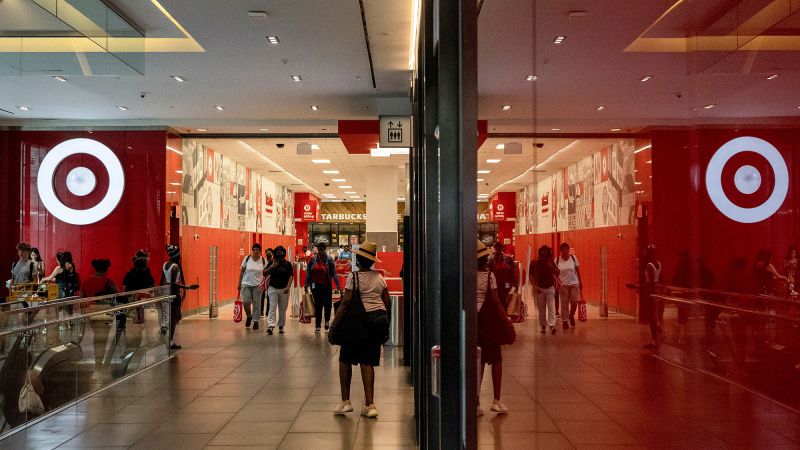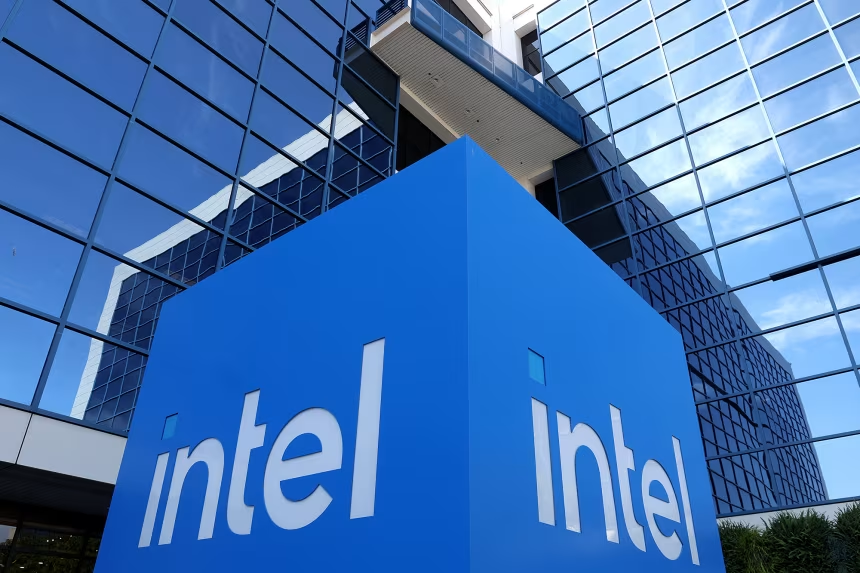
Target's Brand Identity Crisis: Navigating the Retail Landscape
Business | 8/21/2025
Retail giant Target finds itself grappling with a brand identity crisis, a situation not unique in the current business landscape. Target, affectionately referred to as “Tar-zhay” by some, has long been associated with a higher-end shopping experience, blending affordability with a touch of sophistication. However, recent strategic shifts and marketing decisions have raised questions among consumers and industry analysts about the store’s core identity.
The shift in Target’s brand positioning has been noticeable, with the company diversifying its product offerings and marketing campaigns to appeal to a broader customer base. This evolution has sparked debate among stakeholders about whether Target risks diluting its unique appeal by attempting to cater to a wider audience. Industry experts suggest that while expanding market reach can be beneficial, it must be balanced carefully to maintain brand loyalty and recognition.
A former Target executive, speaking on condition of anonymity, highlighted the challenges facing the retailer. “Target’s success has historically been built on a clear brand identity that resonated with a specific demographic. Any departure from that core identity risks alienating loyal customers and eroding brand equity,” the executive noted. The delicate balance between attracting new customers and retaining existing ones poses a significant strategic dilemma for Target’s leadership.
Competitors in the retail sector have also faced similar challenges, with many struggling to adapt to changing consumer preferences and market dynamics. As the retail landscape continues to evolve rapidly, maintaining a strong and consistent brand identity has become crucial for companies seeking to differentiate themselves and drive customer loyalty. Target’s experience serves as a reminder of the complexities involved in managing a brand in a competitive and ever-changing market environment.
While Target’s brand identity crisis reflects broader trends in the retail industry, the company’s response to these challenges will be closely watched. As Target navigates this period of transition, the decisions it makes regarding its brand positioning and marketing strategies will likely have far-reaching implications for its future success. Balancing innovation with brand heritage is a delicate task, and how Target addresses this balancing act will determine its ability to retain its position as a key player in the retail sector.


